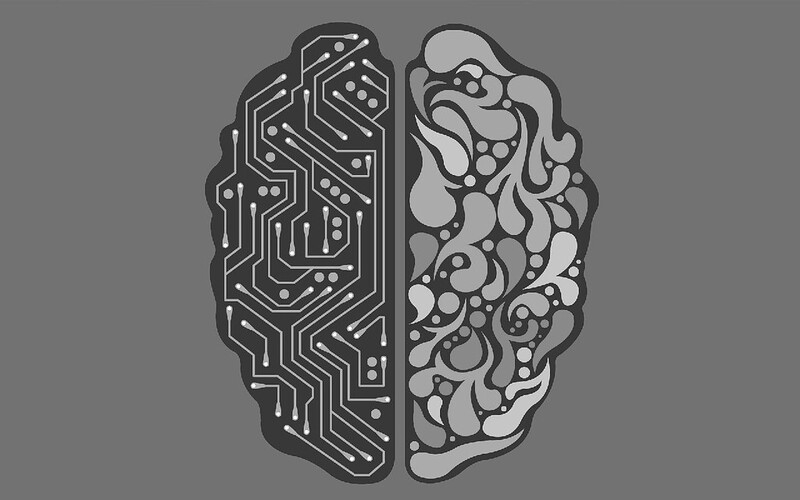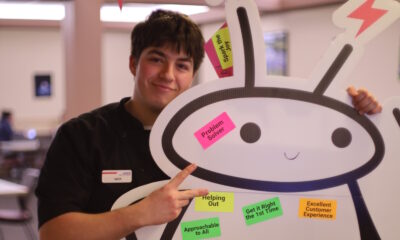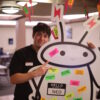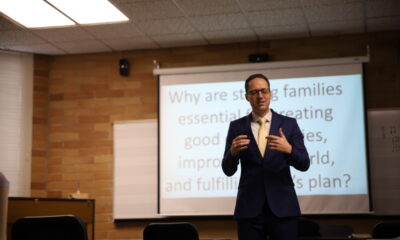Members of the academic community are assessing how an Artificial Intelligence program like OpenAIs’ ChatGPT could impact quality education.
Some teachers might even worry about students using A.I. programs to cheat or write an essay for them.
English and Humanities Associate Professor Laura G. Godfrey, Ph.D., has a more unique take on the issue.
“As writers, the process of writing is often what sharpens and illuminates our thinking,” Godfrey said. “often I don’t know exactly what I’m trying to say until I work through attempts at writing it down. I would not want to give that important intellectual power away.”
From Godfreys’ perspective, testing ChatGPT with writing prompts did not sound authentic, warm, or rhetorically aware.
“The whole goal of writing classes is to write authentic and rhetorically aware communications that don’t sound bot-like,” Godfrey said.
According to the Office of Educational Technology website, artificial intelligence could have a positive impact on education. Though it may have bias toward students learning process, or “remain mysterious” for parents and educators who remain skeptical of ChatGPT.
University of Idaho professor of robotics on the NIC campus, John Shovic, has a unique take on programs like ChatGPT.
Shovic said students write essays by hand with no open book or internet connection, just what flows from the mind onto a piece of paper.
“So, from an educational viewpoint this is more of an irritating thing than a fundamental threat to our educational process or anything, but it is something we have to pay attention to,” Shovic said.
On how programs like ChatGPT impact education, he said students could take schoolwork home and let the program answer questions.
“A machine got the answer you didn’t answer yourself,” Shovic said.
On Artificial Intelligence
Shovic said artificial intelligence is kind of a misnomer and nowhere near a generalized intelligent program.
“Your five-year-old friend or five-year-old brother is far smarter than any ai system on the planet, including ChatGPT,” Shovic said.
Shovic said that programs like ChatGPT are good at gathering related information from the internet and creating a “pretty good cognitive narrative.”
Shovic said the cognitive function of the a.i., like ChatGPT, is part of machine learning, using artificial neural networks resembling neurons in the brain.
“We use it in robotics for arms to figure out how to move things around,” Shovic said.
On how ChatGPT functions with machine learning, Shovic said people train the network to recognize millions of variables.
“You train it saying “okay, this is a picture of a cat, this is a picture of a dog, here” and you train it with tens of thousands of pictures and then it gets ninety, ninety five percent accurate and looking at a picture and say, “oh that’s a cat, that’s a dog,”” Shovic said.
Training it more and more, Shovic said, might get up to ninety-eight percent accurate with machine learning.
“So could it be used for certain things,” said Shovic. “I think one really good thing that this will do with regard to search engines, again, if you put in a question, it gives you a synthesized answer.”
Shovic said that although schools can use programs like ChatGPT, students should not use it to write essays.
Aaron Jarnes president of the Computer Science club said using A.I. programs came down to academic integrity.
“If someone used a program to write a paper, it means the person didn’t write it and therefore they should be punished with plagiarism,” Jarnes said.



















